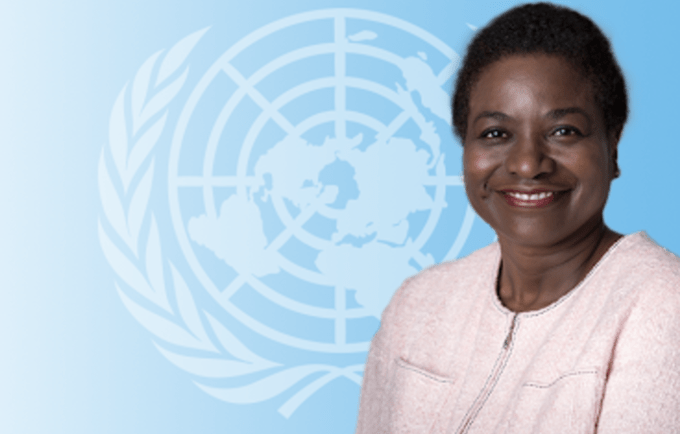UNFPA Executive Director Dr. Natalia Kanem
International Women’s Day, 8 March 2018
The economic inequalities plaguing much of the world today are reinforced by many other forms of inequality, including inequalities in sexual and reproductive health. More than 200 million women—many of them poor and living in rural and remote parts of the world—lack access to voluntary family planning methods. In addition, more than 800 pregnant women—many in fragile socio-economic situations—die each day from complications related to pregnancy and childbirth.
In many parts of the world, access to services is particularly limited or even non-existent for rural and indigenous women, undermining their ability to exercise their reproductive rights.
Without addressing the discrimination that these women face in both private and public spheres, many of them will remain caught in a vicious cycle of poverty, repeated pregnancies, diminished capabilities, unfulfilled human rights and unrealized potential. The denial of reproductive rights not only harms individuals, it can also put a drag on economies and stifle countries’ development.
Making reproductive health care universally accessible would not only help fulfil a poor, rural woman’s reproductive rights; it would also enable her to stay healthy, get an education and participate in all facets of life, including economic life. These benefits accrue to her, her family and her country. That’s why it is our mission at UNFPA to work with our partners to end unmet demand for family planning information and services, to end preventable maternal deaths, and to end gender-based violence and other harmful practices against women and girls by 2030.
Addressing inequalities and discrimination has always been at the heart of UNFPA’s work. We work to ensure that no one is left behind through programmes that improve the lives of excluded and marginalized women.
On this International Women’s Day, let us all renew our commitment to addressing the many different forms of inequalities that hold women back, particularly the rural and indigenous poor, and keep them from realizing their rights and ambitions, and from living their lives on an equal footing with men. A more equal world depends on it.


